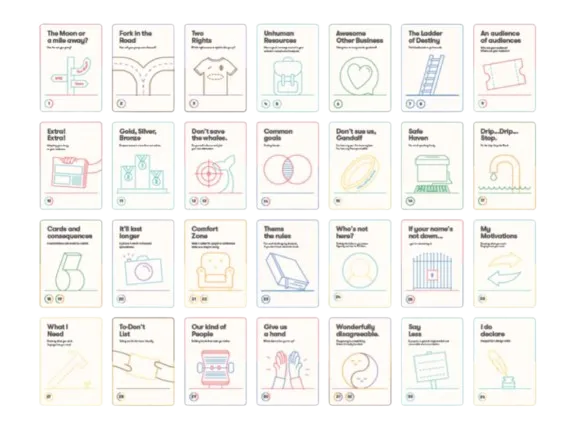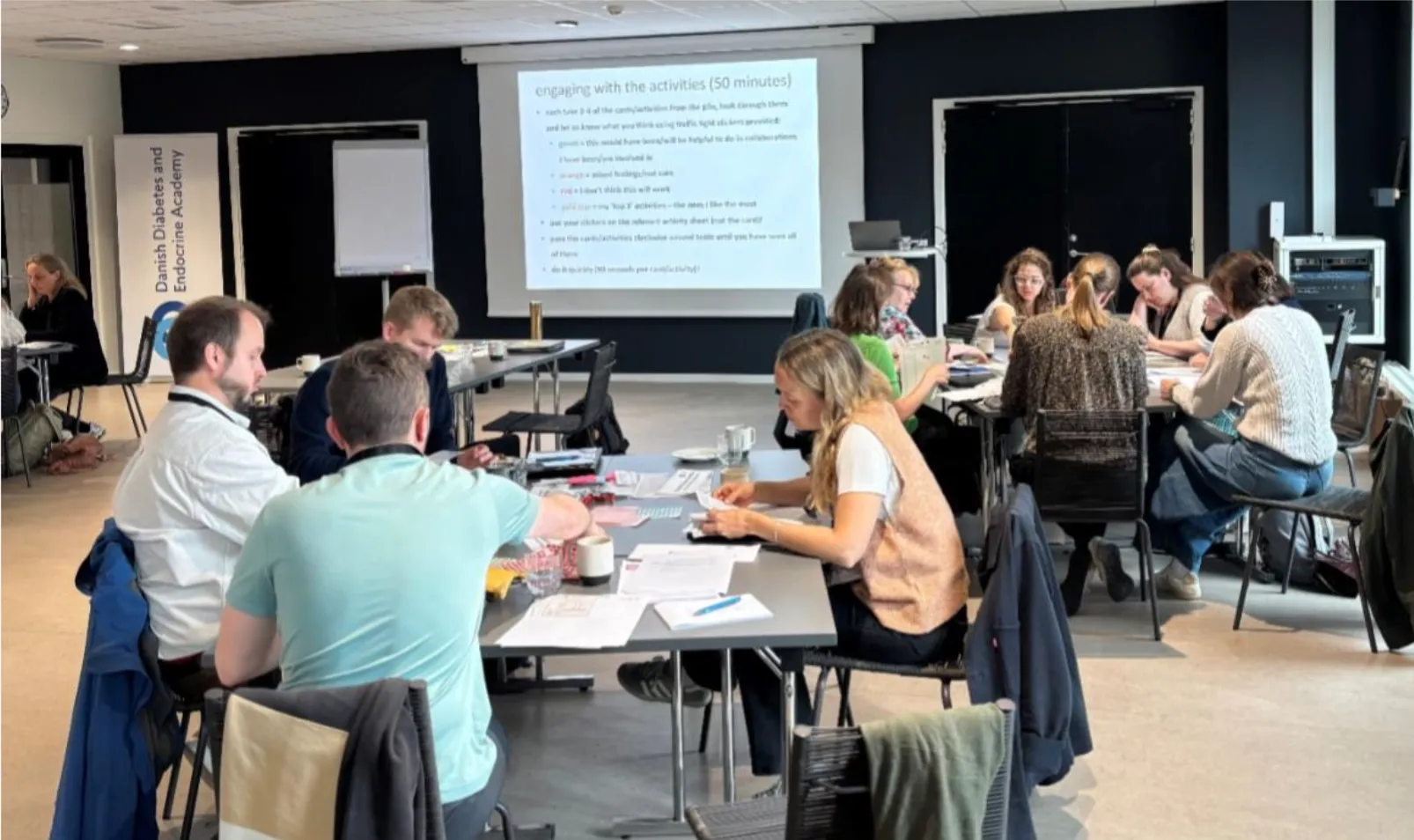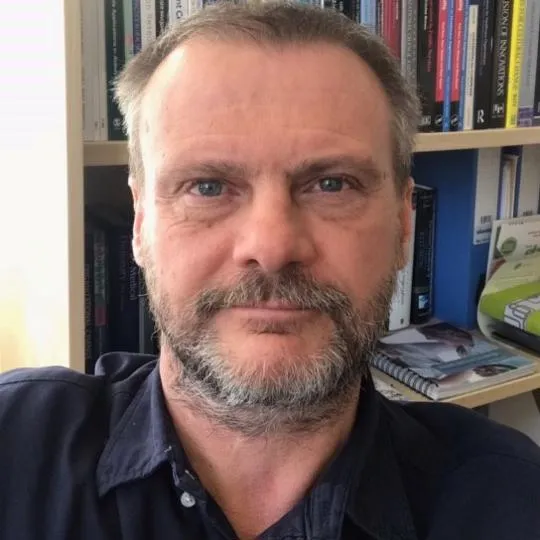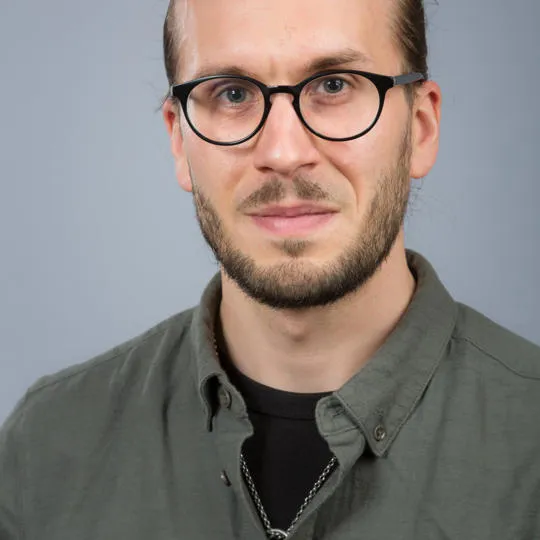“The questions we started with were: How can we help groups best realise their full potential and create sustainable, long-lasting health and social care solutions that benefit everyone? And how can individuals from different backgrounds, with varied expertise, participate equitably, whilst understanding how what they do impacts the wider systems of which they are a part? We believed that Ostrom's work and eight principles could aid us in that endeavour - we just needed to figure out how.”
Professor Glenn Robert, Vice Dean (Research & Impact), Head of the Methodologies Research Division, and a member of the research team
04 July 2025
King's team develops digital resource to support better collaboration in healthcare
An innovative digital resource is being developed to help the public, patients, carers, healthcare professionals, and researchers work better together to improve services - thanks to new funding secured by a King’s College London research team.

The resource is based on the eight principles for successful group working identified by Nobel Laureate Elinor Ostrom. The team has translated and organised the theory behind these principles into practical group activities that support more effective, fair, and sustainable ways of working together, while considering the complexity of the world around them.
As Professor Glenn Robert, principal investigator for the project, notes: “There is a real need to advance the theories and methods underpinning the co-production of health and care through citizen engagement and community empowerment. We need to develop and test innovative methods that turn person- and community-centred theory into truly inclusive and effective practice.”
With new funding from the King’s Economic and Social Research Council (ESRC) Impact Acceleration Account, the project is now entering a key phase: creating an interactive digital platform to make the resources accessible to everyone.
A flexible tool for group working

At the heart of the project is a user-friendly set of activity cards. There are 28 activities to choose from, with each one helping groups put the principles into practice. Different activities support different principles, and many encourage groups to reflect on multiple principles at once.
Each activity is accompanied by sheets to be completed by either individuals or whole groups. These act as useful reference points that support the collaboration and help build stronger, more sustainable partnerships in health and social care.

The team’s approach focuses on addressing ongoing challenges in public involvement in healthcare, such as making sure patients can meaningfully contribute and truly shape decisions about how services are designed and organised.
Supported by previous funding from the Swedish Research Council for Health & Wellbeing (Forte) and a methodological innovation grant from the Economic and Social Research Council, the resources were developed with input from researchers, patients, carers, healthcare professionals, and members of the public in the UK, Sweden, Denmark, and Germany.

Real-world applications: Supporting survivors in Sweden
The approach has already been applied in projects across Europe. In one recent project led by Dr Helena Kilander, Ostrom’s principles were applied within a group co-design process to improve care and support for survivors of sexual violence in a Swedish county.
This 12-month process brought together individuals from health, education, law, social care, NGOs, local government, and survivor organisations. There were concerns about sustaining the engagement of this wide range of participants in a new initiative.
To help sustain engagement across this wide group, design facilitator Bertil Lindenfalk adapted and applied tools from the resource at key moments in the process. The resulting co-designed initiatives demonstrated both high participant engagement and the sustainability of the newly created ‘Survive’ network.
This and other recent projects demonstrate the practical usefulness of applying Ostrom’s principles in the context of other multi-actor co-design processes aiming to improve public services.
What’s next?
As Dr Oli Williams, a member of the team, said: “We want to help people to put Elinor Ostrom’s principles into practice because the evidence demonstrates that they can help people to work together more effectively and fairly. We are enjoying engaging with a diverse range of people – users, providers, and researchers of healthcare – to jointly reflect on the applicability of the principles in various contexts. All views are welcome, so we’d encourage anyone who’s interested in our new resource to get in contact with us”.
Working with design experts from Smoj Ltd, the team is developing a website featuring interactive tools, instructional videos and training. An international online database is also in development and will ultimately let users share their experiences of and feedback on using the resource, helping to measure and improve its impact.
As well as being freely available, these resources will be used in postgraduate and research training programmes at King’s, and by King’s Health Partners’ Centre for Translational Medicine, the Healthcare Improvement Studies Institute at the University of Cambridge, the University of Oxford, and Jönköping University in Sweden.
Longer term, the team aims to secure research and evaluation funding to pilot the resources in different health and social care contexts. These pilots will explore how the resource affects the quality and effectiveness of collaborations, and whether it supports more meaningful and fair ways of working with patients, carers and the public to improve health and social care systems.
Learn more
Watch back this recent webinar to find out more about the project.


